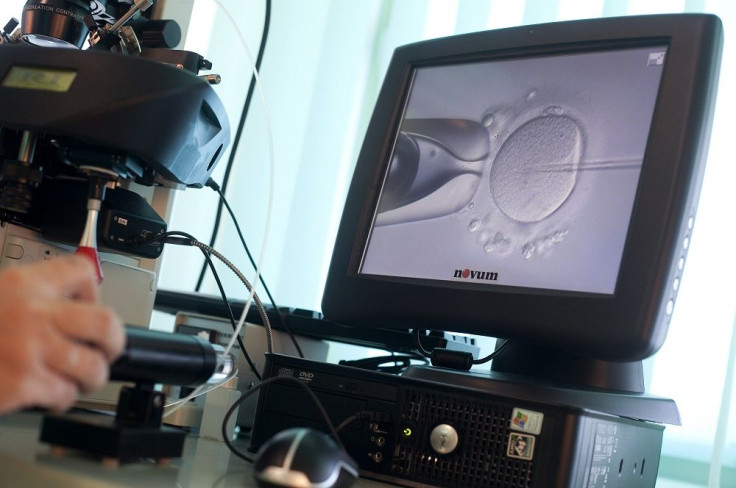New technique could help same-sex couples have a child biologically-related to both partners

Soon, humans will be able to reproduce with the help of a special technique called in-vitro gametogenesis (IVG).
A researcher at the George Washington University is currently testing the new technique for practical and ethical implication. The technique makes use of gametes derived from embryonic or pluripotent stem cells. These cells have the ability to differentiate into several different types of cells.
Professor Sonia Suter says that with the help of this technique, same-sex couples can have their own biological child that is genetically-related to both the partners, reports the Times of India. Earlier, same-sex couples wanting to be parents had to get a fertilized egg implanted in a surrogate.
The technique is not yet advanced to be used on humans. However, the researchers are hopeful that one day IVG reproduction will be possible in humans. So far, the researchers have shown success in experiments involving mice. IVG, if found successful in humans, could potentially give way to a never-used technique of reproduction.
By this technique, the researchers have also discovered a way to eliminate transfer of “bad” or unwanted genes from parents to offsprings. This, in turn, could help avoid multiple genetic diseases in children.
Despite the benefits, the researchers are still concerned about the ethical dilemmas associated with the technique. The team believes that if the technique is transferred to the wrong hands, it could lead to eugenics.
“We have minimal knowledge about the implications of switching cell types from differentiated to undifferentiated states and the implications of erasing and resetting imprinting patterns to facilitate reproduction,” Suter said, in the study.
The complete details of the study have been published in the Journal of Law and The Biosciences.
Contact the writer at feedback@ibtimes.com.au, or let us know what you think below.





















